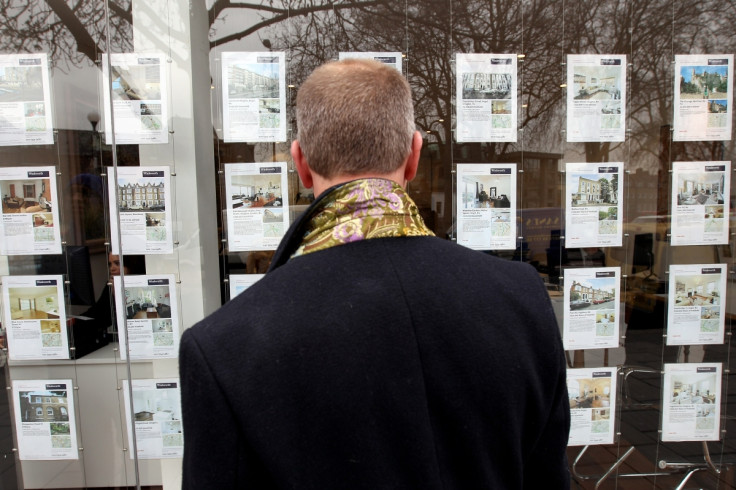EU referendum: Will Brexit trigger UK house price collapse?

A vote for Brexit in the EU referendum would have little impact on the country's property market, according to research firm Capital Economics. Britain is set to vote on 23 June to decide if the country should stay in the EU.
"Altogether, uncertainty in the short term might lead to a small drop in transactions and a slight easing in house price growth," wrote Hansen Lu, a property economist at Capital Economics, in an article released today (21 March 2016). "But we think the prospect of Brexit driving a collapse in prices is slim. Rather, with prices very high compared to incomes, and being propped up by a shortage of homes for sale, a recession and rising unemployment that drove up the number of forced sellers and cooled buyer demand is probably the biggest risk.
"Yet, for now, there are few signs that a recession is imminent. As a result, rather than a nominal fall in house prices, we think any adjustment will be in real terms over the next few years, with wages rising alongside, or a little faster than, house prices."
London's "safe haven" status would be unchallenged by a Brexit, wrote Lu, because the city would retain its legal, political and cultural attractiveness to overseas investors fleeing turmoil elsewhere in the world. Because these investors in the city are not driven by returns alone, a mass sell-off to cash in on recent capital gains is unlikely.
Lu also said a sudden and drastic hike in interest rates by Bank of England policymakers if a vote for Brexit sent sterling plunging is a remote prospect because they have already said any raises will be incremental. Moreover, mortgage rules force lenders to test borrowers' ability to cope with a 3% rate hike, an extreme scenario, before any debt is signed off — meaning consumers would probably withstand any interest rates shock.
"However, one area where Brexit could have a sizable effect is housebuilding," wrote Lu. "With the latest Home Builders Federation data reporting that 41% and 32% of housebuilders consider labour availability and costs to be constraints on production, a shortage of workers has been holding back housing starts.
"Admittedly, according to the 2011 census, only around 10% of those working in construction were foreign born, although given post-crisis labour trends, that figure might be closer to 12% now. Yet given that it takes years to train skilled tradesmen, immigration reflects the easiest route to meeting the current labour shortage. Thus, if it compounded existing labour shortages, Brexit could have a lasting, dampening effect on housing starts."
Several banks, including Goldman Sachs and Citi, have warned a Brexit could cut a fifth off the value of sterling. But this may end up a boon for the prime central London property market because sterling-priced assets would become cheaper to foreign investors, who may in turn pour more money into the city. London property boomed in the aftermath of the financial crisis for this reason.
© Copyright IBTimes 2025. All rights reserved.






















